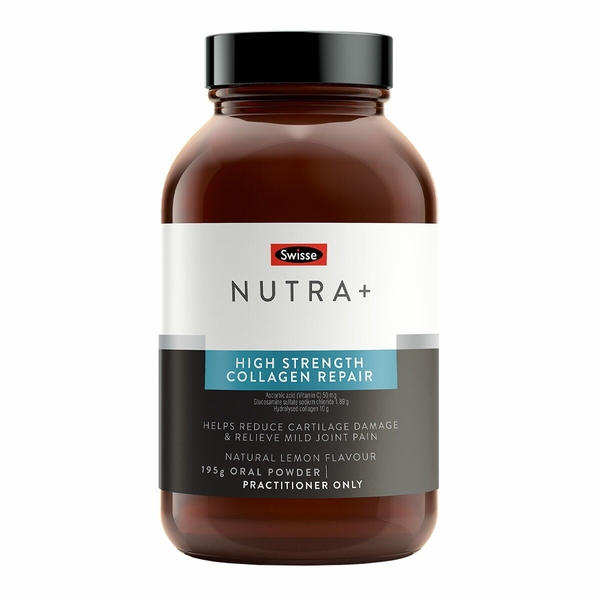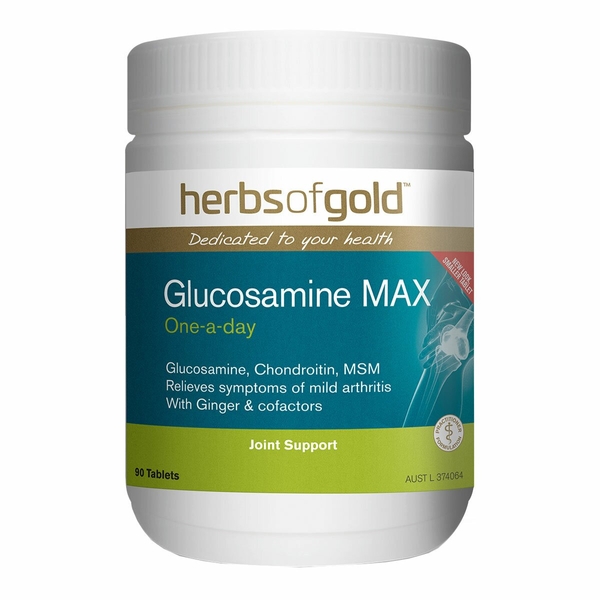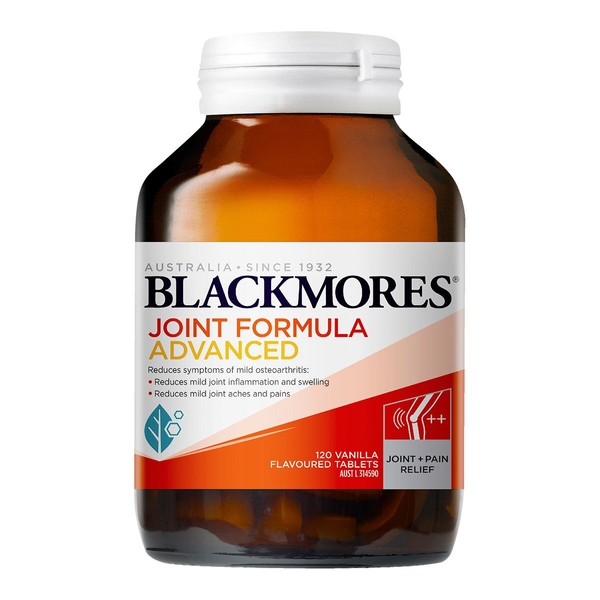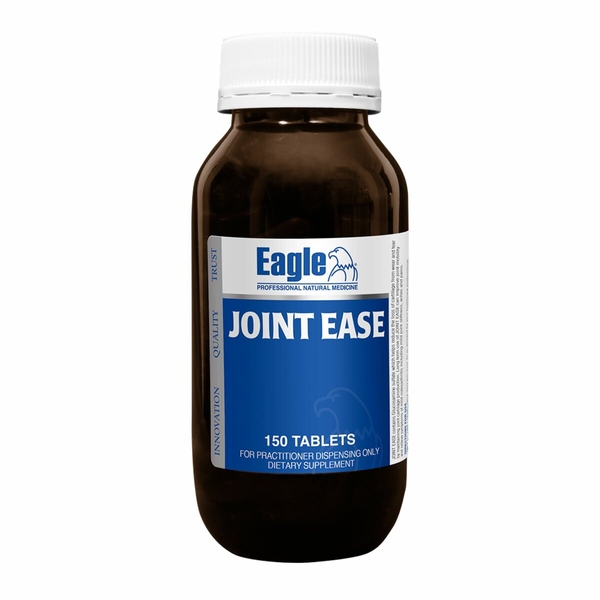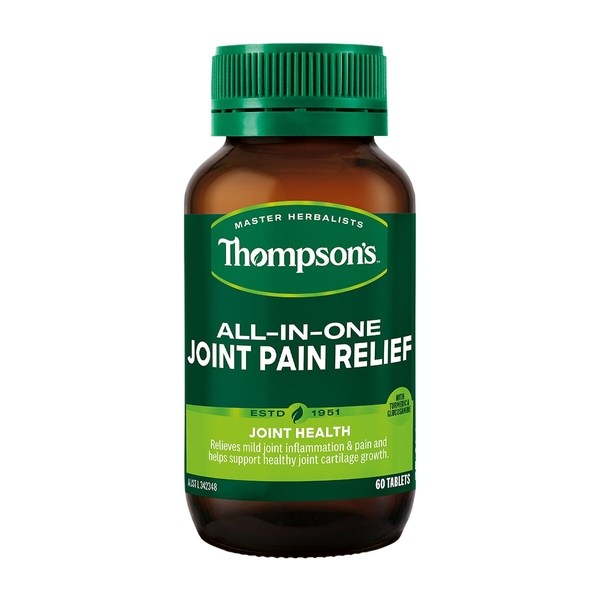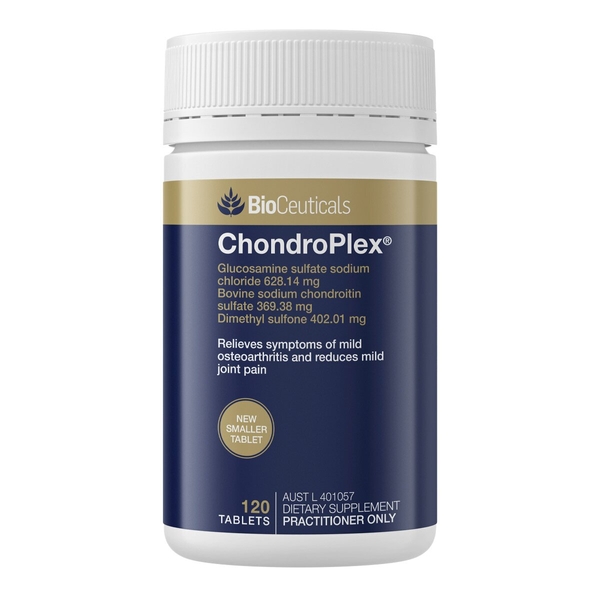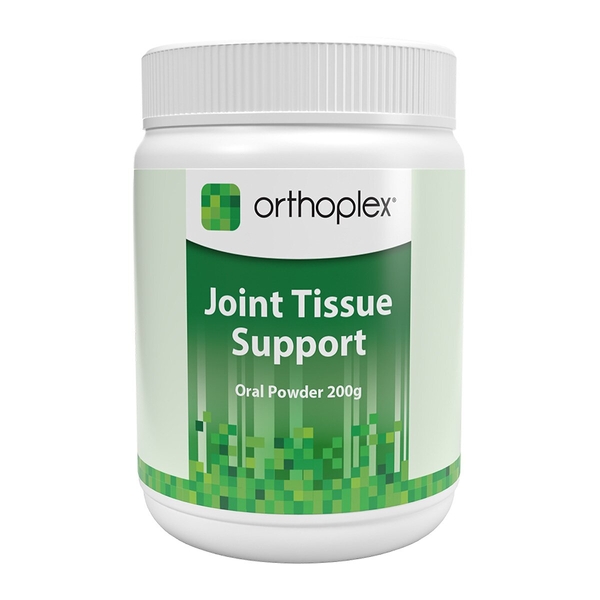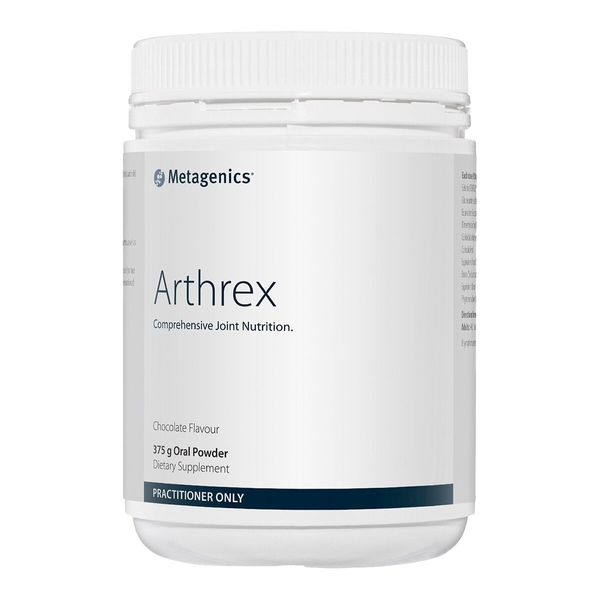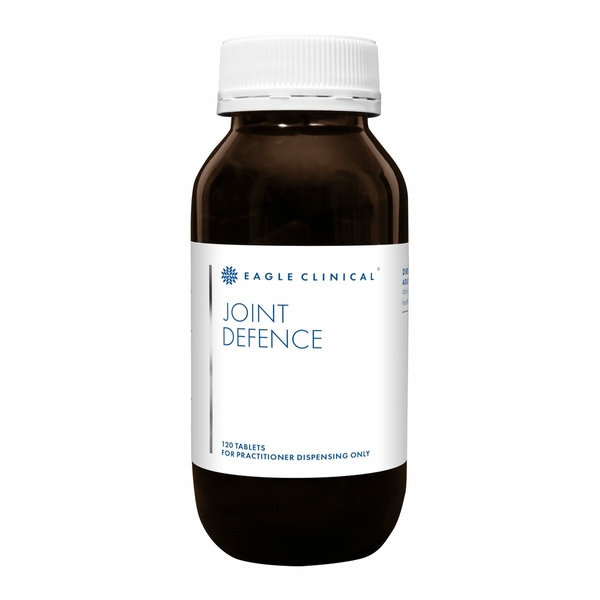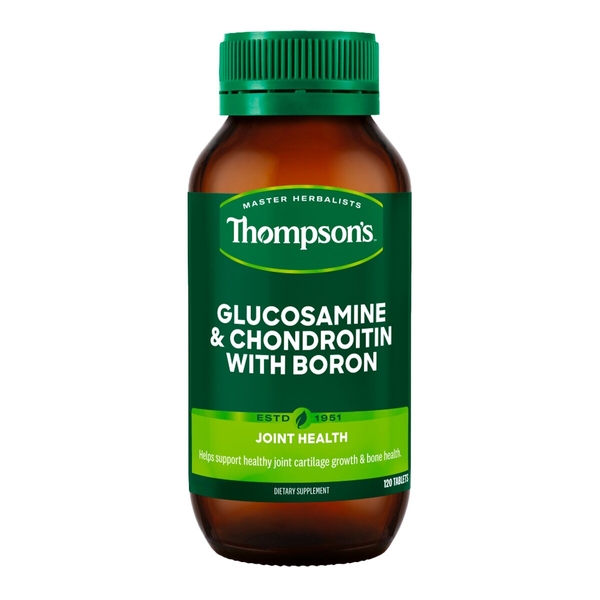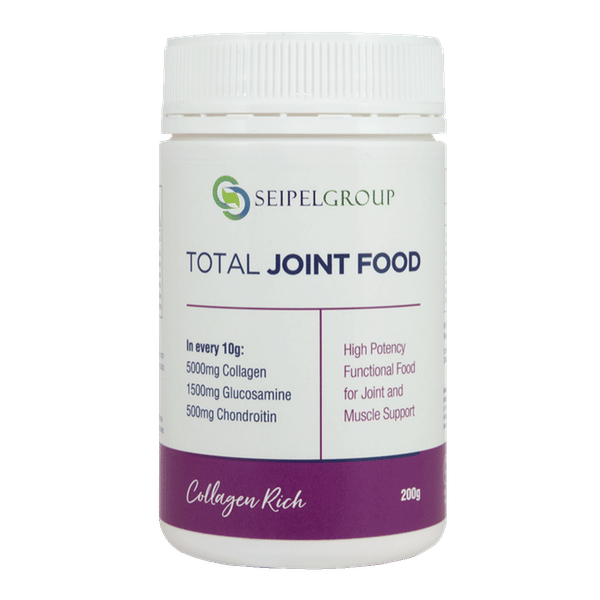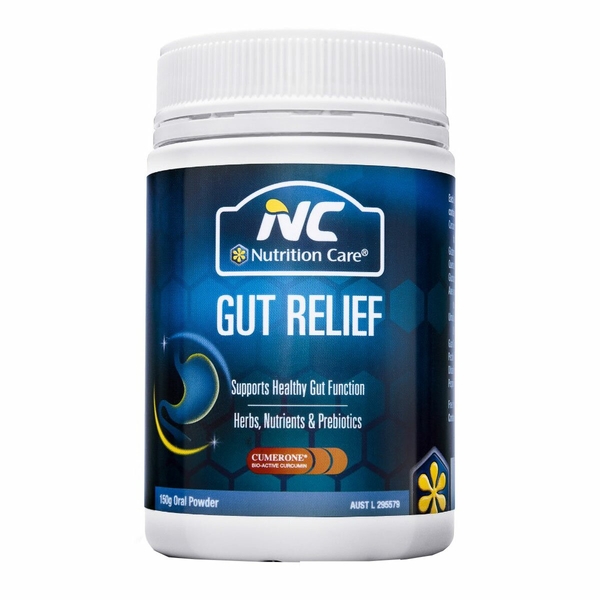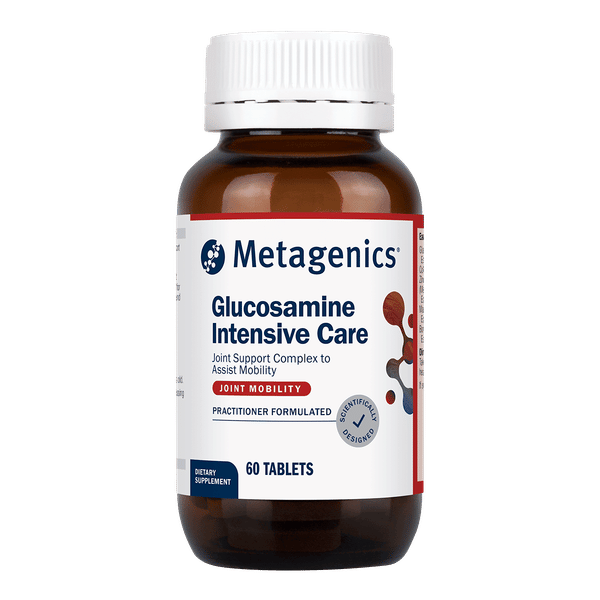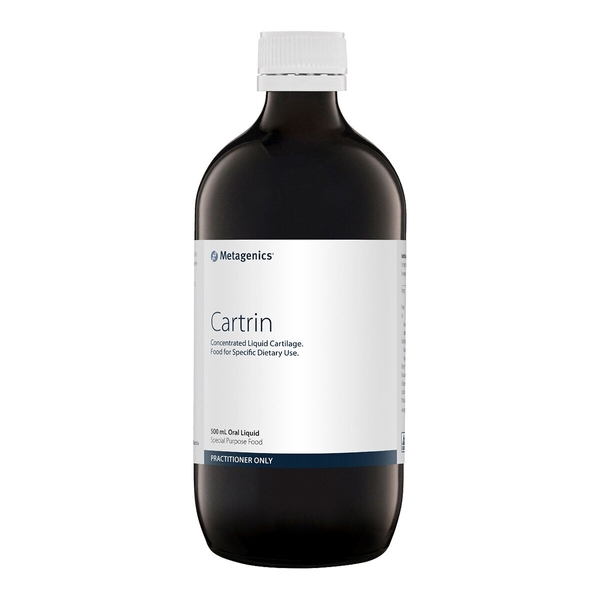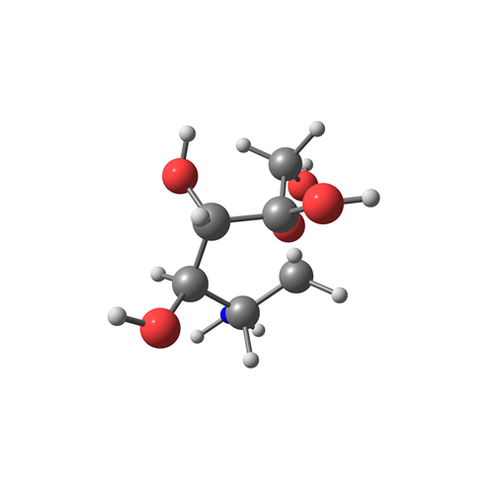
Glucosamine
Alternate names: 2-Acetamido-2-deoxyglucose, 2-Amino-2-Deoxy-Beta-D-Glucopyranose Hydrochloride, 2-Amino-2-Deoxy-D-Glucosehydrochloride, 2-Amino-2-Deoxy-Beta-D-Glucopyranose, 2-Amino-2-Deoxy-D-Glucose Sulfate, Acetylglucosamine, Acétylglucosamine, GlcNAc, Chitosamine, Chitosamine Hydrochloride, Chlorhidrato de Glucosamina, Chlorhydrate de Glucosamine, D-Glucosamine HCl, D-Glucosamine Hydrochloride, D-Glucosamine Sulfate, D-Glucosamine Sulphate, G6S, Glucosamine HCl, Glucosamine KCl, Glucosamine N-Acetyl, Glucosamine Potassium Sulfate, Glucosamine Sulfate, Glucosamine Sulfate 2KCl, Glucosamine Sulfate-Potassium Chloride, Glucosamine Sulphate, Glucosamine Sulphate KCl, Glucosamine-6-Phosphate, GS, Mono-Sulfated Saccharide, N-Acetil Glucosamina, N-Acétyl Glucosamine, N-Acétyl-Glucosamine, N-Acétylglucosamine, N-Acetyl D-Glucosamine, N-Acétyl D-Glucosamine, NAG, N-A-G, pGlcNAc, Poly-N-Acetyl Glucosamine, Poly-NAG, Poly-(1->3)-N-Acetyl-2-Amino-2-Deoxy-3-O-Beta-D-Glucopyranurosyl-4-(or 6-) Sul, p-GlcNAc, Saccharide Mono-Sulfaté, Saccharide Sulfaté, Sulfate de Glucosamine, Sulfate de Glucosamine 2KCl, SG, Sulfated Monosaccharide, Sulfated Saccharide, Sulfato de Glucosamina
Actions: Anti-arthritic, Anticancer, Anti-inflammatory, Anti-viral, Cardiovascular, Dermatologic, Gastrointestinal, Glucose, Immunological, Lipid, Ophthalmic
Background
Glucosamine is a chemical found in the body. Glucosamine supplements are sold as glucosamine sulfate, glucosamine hydrochloride, and N-acetyl glucosamine.
Glucosamine is used by the body to make other chemicals that build tendons, ligaments, cartilage, and the fluid that surrounds joints. Joints are cushioned by the fluid and cartilage around them. Taking glucosamine might increase the cartilage and fluid around joints and/or help prevent their breakdown.
People commonly use glucosamine sulfate and glucosamine hydrochloride for osteoarthritis. Glucosamine is also used for joint pain, rheumatoid arthritis, multiple sclerosis, and many other conditions, but there is no good scientific evidence to support these other uses.
Glucosamine is used by the body to make other chemicals that build tendons, ligaments, cartilage, and the fluid that surrounds joints. Joints are cushioned by the fluid and cartilage around them. Taking glucosamine might increase the cartilage and fluid around joints and/or help prevent their breakdown.
People commonly use glucosamine sulfate and glucosamine hydrochloride for osteoarthritis. Glucosamine is also used for joint pain, rheumatoid arthritis, multiple sclerosis, and many other conditions, but there is no good scientific evidence to support these other uses.
Safety Safety definitions
When taken by mouth: Glucosamine sulfate is likely safe in most adults when used for up to 3 years. Glucosamine hydrochloride is possibly safe for most adults when used for up to 2 years. N-acetyl glucosamine is also possibly safe when used for up to 6 months. Glucosamine can cause some mild side effects including bloating, nausea, diarrhea, and constipation.
When applied to the skin: N-acetyl glucosamine is possibly safe when used for up to 10 weeks.
When given as an enema (rectally): N-acetyl glucosamine is possibly safe when used in doses of 3-4 grams daily.
Asthma: Glucosamine might make asthma worse. Until more is known, people with asthma should be cautious about taking products that contain glucosamine.
Diabetes: There used to be some concern that glucosamine might increase blood sugar levels. But most research shows that glucosamine doesn't increase blood sugar levels in people with diabetes.
Glaucoma: Glucosamine might increase the pressure inside the eye and could worsen glaucoma. If you have glaucoma, talk to your healthcare provider before taking glucosamine.
High cholesterol: There used to be some concern that glucosamine might increase cholesterol levels. But most research shows that glucosamine doesn't seem to increase cholesterol levels.
High blood pressure: There used to be some concern that glucosamine might increase blood pressure. But most research shows that glucosamine does not seem to increase blood pressure.
Shellfish allergy: Glucosamine is produced from the shells of shrimp, lobster, and crabs. If you have a shellfish allergy, talk to your healthcare provider before using glucosamine.
When applied to the skin: N-acetyl glucosamine is possibly safe when used for up to 10 weeks.
When given as an enema (rectally): N-acetyl glucosamine is possibly safe when used in doses of 3-4 grams daily.
Special Precautions & Warnings:
Pregnancy and breast-feeding: There isn't enough reliable information to know if glucosamine sulfate, glucosamine hydrochloride, or N-acetyl glucosamine is safe to use when pregnant or breast-feeding. Stay on the safe side and avoid use.Asthma: Glucosamine might make asthma worse. Until more is known, people with asthma should be cautious about taking products that contain glucosamine.
Diabetes: There used to be some concern that glucosamine might increase blood sugar levels. But most research shows that glucosamine doesn't increase blood sugar levels in people with diabetes.
Glaucoma: Glucosamine might increase the pressure inside the eye and could worsen glaucoma. If you have glaucoma, talk to your healthcare provider before taking glucosamine.
High cholesterol: There used to be some concern that glucosamine might increase cholesterol levels. But most research shows that glucosamine doesn't seem to increase cholesterol levels.
High blood pressure: There used to be some concern that glucosamine might increase blood pressure. But most research shows that glucosamine does not seem to increase blood pressure.
Shellfish allergy: Glucosamine is produced from the shells of shrimp, lobster, and crabs. If you have a shellfish allergy, talk to your healthcare provider before using glucosamine.
Effectiveness
NatMed Pro rates effectiveness based on scientific evidence according to the following scale: Effective, Likely Effective, Possibly Effective, Possibly Ineffective, Likely Ineffective, Ineffective, and Insufficient Evidence to Rate.
Likely effective Effectiveness definitions
- Osteoarthritis. Taking glucosamine sulfate by mouth for at least 4 weeks can provide some pain relief and improve function for people with knee osteoarthritis. Products that contain glucosamine hydrochloride do not seem to work as well unless they are taken in combination with other ingredients. Taking glucosamine sulfate doesn't seem to reduce the risk of getting osteoarthritis.
Dosing & administration
Glucosamine sulfate and glucosamine hydrochloride have most often been used by adults in doses of 1500 mg by mouth daily for up to 3 years. Speak with a healthcare provider to find out what dose might be best for a specific condition.
Keep in mind that glucosamine used in supplements often comes from the shells of shellfish. Talk to your healthcare provider before taking these supplements if you have a shellfish allergy. Also, some glucosamine products aren't labeled correctly. In some cases, the amount of glucosamine actually in the product has varied from none to over 100% of the amount stated on the product's label. Some products have contained glucosamine hydrochloride when glucosamine sulfate was listed on the label.
Keep in mind that glucosamine used in supplements often comes from the shells of shellfish. Talk to your healthcare provider before taking these supplements if you have a shellfish allergy. Also, some glucosamine products aren't labeled correctly. In some cases, the amount of glucosamine actually in the product has varied from none to over 100% of the amount stated on the product's label. Some products have contained glucosamine hydrochloride when glucosamine sulfate was listed on the label.
Interactions with pharmaceuticals
Acetaminophen (Tylenol, others)
Interaction Rating=Minor Be watchful with this combination.
Taking glucosamine SULFATE and acetaminophen together might affect how well each works. But more information is needed to know if this interaction is a big concern.
Medications for diabetes (Antidiabetes drugs)
Interaction Rating=Minor Be watchful with this combination.
Glucosamine might increase blood sugar levels. Taking glucosamine along with diabetes medications might reduce the effects of these medications. Monitor your blood sugar closely.
Warfarin (Coumadin)
Interaction Rating=Major Do not take this combination.
Warfarin is used to slow blood clotting. Taking glucosamine with or without chondroitin increases the effects of warfarin. This can increase the risk for serious bruising and bleeding. Don't take glucosamine if you are taking warfarin.
Interactions with herbs & supplements
Chondroitin sulfate: Taking chondroitin sulfate together with glucosamine HYDROCHLORIDE might reduce blood levels of glucosamine hydrochloride. But it's not clear if this will change the effects of glucosamine hydrochloride.
Interactions with foods
There are no known interactions with foods.
Products
View all productsPractitioner product
Per tablet:
- Glucosamine hydrochloride 1.5 g equiv. glucosamine 1.245 g
- Sodium chondroitin sulphate (bovine) 130 mg equiv. chondroitin sulphate 120 mg
- Dimethyl sulfone (MSM) 100 mg
- L-proline 10 mg
- Glycine 10 mg
- Silica - colloidal anhydrous 10 mg equiv. silicon 4.67 mg
- Zinc oxide 6.23 mg equiv. zinc 5 mg
- Manganese sulphate monohydrate 9.23 mg equiv. manganese 3 mg
- Zingiber officinale ext. 50 mg
RRP: $46.95$37.55Save: 20%
Create account
RRP: $89.99$72.00Save: 20%
Create account
Per tablet:
- Glucosamine sulphate potassium chloride 663 mg equiv. glucosamine sulphate 500 mg
- Boswellia serrata ext. 66.7 mg
- Curcuma longa ext. 4 mg
- Nicotinamide (Vitamin B3) 200 mg
- Sodium ascorbate (Vitamin C) 112.5 mg equiv. ascorbic acid 100 mg
- Magnesium orotate dihydrate 103.6 mg equiv. magnesium 6.6 mg
- Manganese amino acid chelate 50 mg equiv. manganese 5 mg
- Cholecalciferol 2.5 μg equiv. vitamin D3 100 IU
- Silybum marianum ext. 5 mg
- Vitis vinifera ext. 1 mg
Practitioner product
Per tablet:
- Glucosamine sulphate potassium chloride 663 mg equiv. glucosamine sulphate 500 mg equiv. potassium chloride 163 mg
- Cholecalciferol 2.5 µg equiv. vitamin D3 100 IU
- Boswellia serrata ext. 57.1 mg
- Nicotinamide (Vitamin B3) 200 mg
- Sodium ascorbate (Vitamin C) 112.5 mg equiv. ascorbic acid 100 mg
- Lecithin 100 mg
- Magnesium orotate dihydrate 103.58 mg equiv. magnesium 6.7 mg
- Manganese amino acid chelate 25 mg equiv. manganese 5 mg
- Silybum marianum ext. 5 mg
- Vitis vinifera ext. 1 mg
- Curcuma longa ext. 4 mg
RRP: $37.79$27.96Save: 26%
Create account
Practitioner product
Per 7.2 g (Fruit Punch):
- Glucosamine hydrochloride 600 mg equiv. glucosamine 498 mg
- Glucosamine sulphate potassium chloride 600 mg equiv. potassium 155 mg equiv. glucosamine 354.7 mg
- Sodium chondroitin sulphate (bovine) 120 mg equiv. chondroitin sulphate 108 mg
- L-leucine 240 mg
- L-valine 240 mg
- L-glycine 1.75 g
- Lysine hydrochloride 720 mg
- Creatine monohydrate 600 mg
- Ascorbic acid (Vitamin C) 600 mg
- Citrus bioflavonoids extract 396 mg
- Calcium pantothenate (Vitamin B5) 36 mg equiv. pantothenic acid 33 mg
- Zinc amino acid chelate 30 mg equiv. zinc 6 mg
- Copper gluconate 4.6 mg equiv. copper 600 µg
- Selenomethionine 130 µg equiv. selenium 52.2 µg
- Borax 19.4 mg equiv. boron 2.23 mg
Practitioner product
Per 15 g (Chocolate):
- Glucosamine sulphate potassium chloride 2 g equiv. glucosamine sulphate 1.5 g equiv. potassium chloride 491.8 mg
- Bovine collagen peptides (Gelatin) 10 g
- Silica - colloidal anhydrous 40 mg
- Cholecalciferol 25 μg equiv. vitamin D3 1000 IU
- Borax 26 mg equiv. boron 3 mg
- Phytomenadione (Vitamin K1) 70 μg
- Dimethyl sulfone (MSM) 1.5 g
Practitioner product
Per tablet:
- Glucosamine sulphate potassium chloride 498 mg equiv. glucosamine sulphate 375 mg
- Sodium chondroitin sulphate (bovine) 330 mg equiv. chondroitin sulphate 300 mg
- Boswellia serrata ext. 104 mg
- Cholecalciferol 6.25 μg equiv. vitamin D3 250 IU
- Manganese amino acid chelate 18.8 mg equiv. manganese 3.75 mg
- Borax 6.29 mg equiv. boron 712.5 μg
Practitioner product
RRP: $58.39$43.21Save: 26%
Create account
Per 5 g:
- Glucosamine sulphate sodium chloride 750 mg
- Hydrolysed bovine collagen peptides 2500 mg
- Methylsulfonylmethane (MSM) 750 mg
- Chondroitin sulphate (bovine) 250 mg
- Ascorbic acid (Vitamin C) 40 mg
- Curcuma longa 3250 mg
- Bambusa vulgaris 14.9 mg
- Zinc gluconate equiv. zinc 4.6 mg
- Manganese citrate equiv. manganese 1.1 mg
- Magnesium citrate equiv. magnesium 40 mg
- Cholecalciferol 40 IU
- Piper nigrum 0.1 mg
- Natural lemon flavour
- Siraitia grosvenorii (Monk fruit)
$69.99
Create account
Per 5 g:
$49.95
Create account
Per 5 g:
- Glucosamine hydrochloride
- Green banana starch
- Larix spp. powder
- Myristica fragrans (Nutmeg)
- Malus domestica (peel) ext. (Apple)
- Brassica oleracea var. acephala (leaf & sprout) powder (Kale)
- Euterpe oleracea (berry) ext. (Acai)
- Oryza sativa (Rice)
- Cinnamomum verum (bark) powder
- Schisandra chinensis (berry) powder
- Rosmarinus officinalis (leaf) powder
- Zingiber officinale (root) powder
- Stevia rebaubiana
- Vaccinium macrocarpon powder
- Brassica oleracea var. italica (sprout) powder
- Punica granatum (peel) powder
- Hibiscus sabdariffa (flower) powder
- Prunus serotina (fruit) ext. (Black cherry)
- Punica granatum (fruit pericarp) powder
- Raphanus sativus (fruit) powder
- Theobroma cacao (seed) powder
- Hordeum vulgare (sprout) powder
RRP: $59.95$53.96Save: 10%
Create account
Per tablet:
Practitioner product
Per 5 mL:
- Bovine tracheal cartilage (GAGS)
- Citric acid anhydrous
- Citrus paradisi (seed) ext.
- Acetic acid (Vinegar)
- Water
No longer stocked by vital.ly
Practitioner product
vital.ly has licensed monographs from TRC Healthcare.
This monograph was last reviewed on 17/12/2024 11:00:00 and last updated on 08/02/2023 06:50:38. Monographs are reviewed and/or updated multiple times per month and at least once per year.
Natural Medicines disclaims any responsibility related to medical consequences of using any medical product. Effort is made to ensure that the information contained in this monograph is accurate at the time it was published. Consumers and medical professionals who consult this monograph are cautioned that any medical or product related decision is the sole responsibility of the consumer and/or the health care professional. A legal License Agreement sets limitations on downloading, storing, or printing content from this Database. No reproduction of this monograph or any content from this Database is permitted without written permission from the publisher. It is unlawful to download, store, or distribute content from this site.

